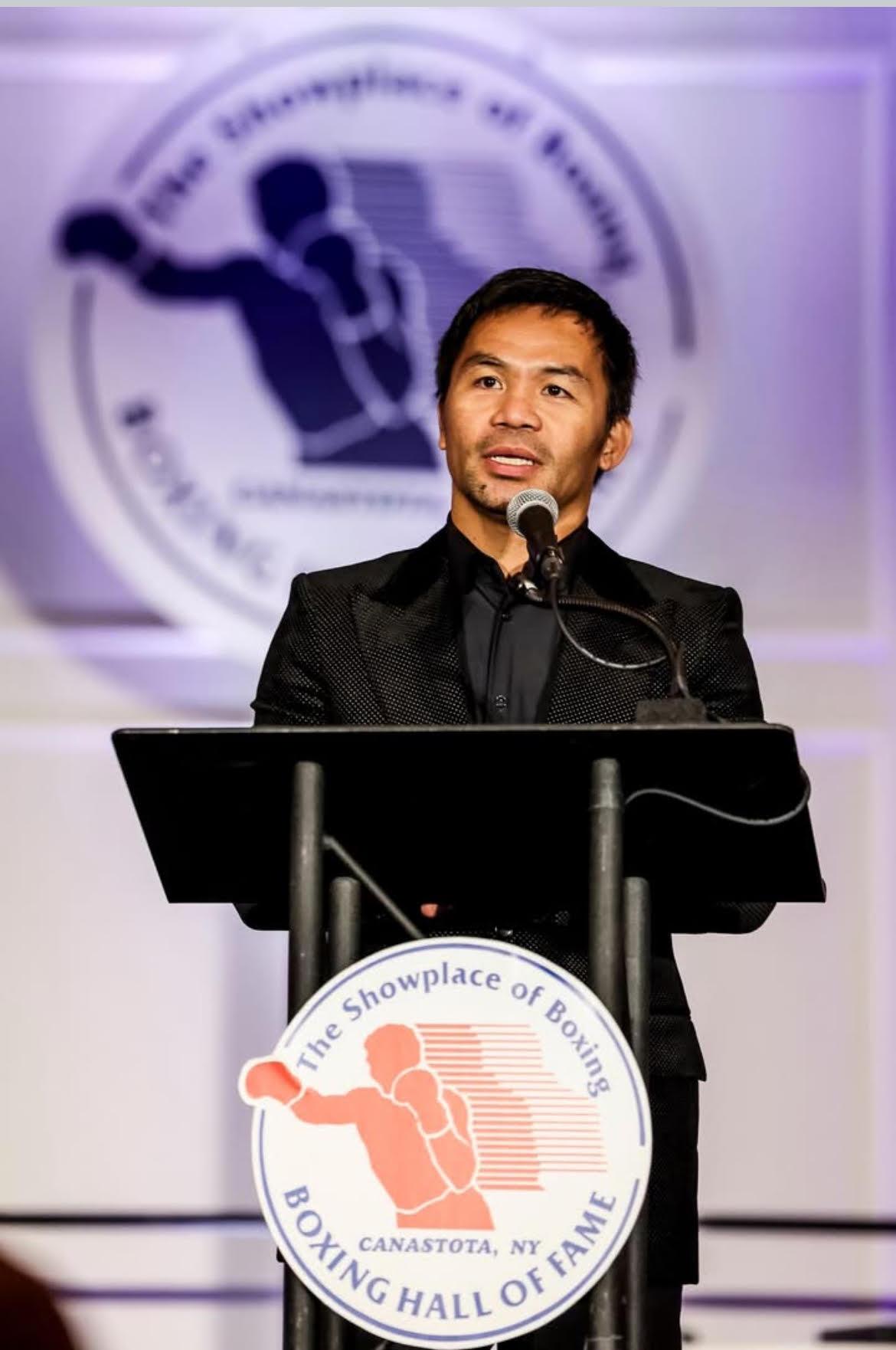Society has certainly changed a lot since Fil-Am Peter Jamero was growing up.
Today, Filipino-Americans aren’t pigeonholed into a certain profession — they are able to date whomever they like and have more opportunities to succeed in general.
But for Jamero, a child of one of the first Filipino pioneers, the manongs that were recruited as farm workers to the US in the early 1920s and 1930s, hardship was abundant and opportunities to succeed were scarce.
Jamero is part of the “bridge generation”, a term used to describe the children of those Filipinos, many of them growing up on a farm worker camp.
Jamero, a Navy veteran, former assistant professor and health and human service executive, wrote about his travails in Growing Up Brown: Memoirs of a Filipino American.
The book is considered to be a sequel of sorts to Carlos Bulosan’s America Is in the Heart, with themes of heartbreaking struggle against racism and poverty and eventual triumph, according to the University of Washington news release.
“I may have been like other boys, but there was a major difference – my family included 80 to 100 single young men residing in a Filipino farm-labor camp,” Jamero wrote in an excerpt. “It was as a ‘campo’ boy that I first learned of my ancestral roots and the sometimes tortuous path that Filipinos took in sailing halfway around the world to the promise that was America. It was as a campo boy that I first learned the values of family, community, hardwork, and education. As a campo boy, I also began to see the two faces of America, a place where Filipinos were at once welcomed and excluded, were considered equal and were discriminated against. It was a place where the values of fairness and freedom often fell short when Filipinos put them to the test.”
Reviews for the book have been favorable. Some authors have called it one of the most important Filipino American books to read.
The Seattle Post Intelligencer wrote: “a fine new memoir that complements Bulosan’s classic.”
“An important read for anyone who has struggled to advance their own culture,” the Journal of the West reviewed.
He followed that up with a second book called Vanishing Filipino Americans: The Bridge Generation, in 2011 where he hopes to begin the process of documenting the experiences and contributions of these second generation Filipino Americans and addressing a significant void in the history of Filipinos in America.
Jamero said he is the eldest son of Filipino immigrants, born in 1930 in Oakdale, California and raised on a Filipino farm worker camp operated by his parents in nearby Livingston.
In the farm, he experienced a communal environment where Filipinos helped one another despite the regions they came from back in the motherland.
“Our identity was Filipino, there was no doubt in our minds about that, and that’s the way we continue to feel,” he said in an interview with the International Examiner.
But outside the farm, there was a whole different life.
In the Examiner story, he mentioned that despite being class and student body president in high school, his teachers told him, “your kind (Filipinos) belongs in agriculture or [the] machine shop.” Even with is popularity in school, he also found it difficult to find a prom date.
“I was very wrong. I tried to wash my color. It didn’t come off,” he said.
He felt he might have ended up like many of the Filipinos at the farm, with no way out, picking the fields until their deaths.
“It was not because they were not educated, and did not have the desire to do something else. It was because the opportunities were not there,” he told the International Examiner.
Jamero said he was fortunate, though, that his mother, a former teacher in the Philippines, helped guide him despite the negative experiences and discrimination he felt.
After high school, he joined the Navy and served in the Korean War. After four years of service, he went on to college where he received a bachelor’s degree from San Jose State University and a master’s at UCLA. He then went on to Stanford University as a Public Affairs fellow, according to his bio.
Jamero had made it but never forgot his roots. He championed Filipino American issues as a community activist and civic leader in Seattle.
He served as assistant secretary of the Washington State Department of Social and Health Services, director of the Washington State Division of Vocational Rehabilitation, director of the King County (WA) Department of Human Resources, vice president of the United Way of King County, executive director of the San Francisco Human Rights Commission, assistant professor of Rehabilitation Medicine of the University of Washington, branch chief in the US Department of Health, Education, and Welfare in Washington, D.C.; and executive director of the Asian American Recovery Services in San Francisco, according to his bio.
He also served as an assistant professor of rehabilitation medicine at the University of Washington.
Jamero’s advice to new Filipino immigrants to this country is simple: learn from history.
“The history ought to teach them that they’re really not alone, and haven’t been. What they’re going through is similar in a lot of ways to what other people are going through. That’s what I mean by understanding history,” he told the International Examiner.
“Newly-arrived immigrants – the thing that I hope they would do is they would turn to people like us who’ve gone through some of this. We can help. We can at least tell them, don’t feel alone. These are the ways I’ve handled it. They (immigrants) ought not to put us down because we can’t speak Tagalog. That’s the least thing they ought to be concerned about.”
“Whether we speak Tagalog or not, the blood that goes through our veins is the same as theirs. We don’t see them as different. They ought not to see us as different.”
(www.asianjournal.com)
(LA Weekend Oct 8-11, 2011 Sec A pg.10)





